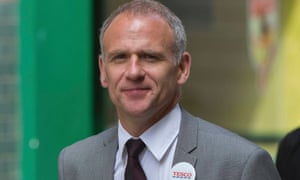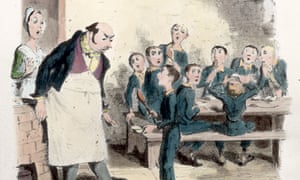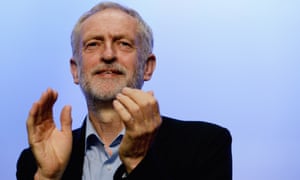Nationalisation refers to the process in which the government takes ownership and control of privately-owned companies, industries, or assets. It involves transferring the ownership and operation of these entities from private hands to the public sector.
Argument for Nationalisation: The argument for nationalisation is primarily based on the belief that certain industries or services are best managed and operated by the government to serve the interests of the public and the nation as a whole. Proponents of nationalisation often cite the following reasons:
Public Interest and Welfare: Nationalisation aims to ensure that essential goods and services, such as healthcare, education, and utilities, are provided to all citizens at affordable prices and without discrimination. It prioritizes public interest and welfare over profit motives.
Natural Monopolies: Some industries, like water and electricity distribution, have natural monopolies due to high fixed costs and economies of scale. Nationalisation can prevent private monopolistic practices and ensure equitable access to such services.
Strategic Importance: Nationalisation is often advocated for industries considered strategically important for the country's security, economic stability, or technological advancement. This includes sectors like defense, energy, and transportation.
Market Failure Correction: Nationalisation can address market failures, particularly when private firms fail to provide essential services adequately or when industries experience excessive volatility.
Long-term Planning: The government's involvement can facilitate long-term planning and investment in infrastructure, research, and development, which may be challenging for private firms with short-term profit goals.
Income Redistribution: Nationalisation can be seen as a mechanism to redistribute wealth and reduce income inequality by ensuring profits benefit the wider population rather than private shareholders.
Historical Examples of Nationalisation:
Post-World War II: After World War II, the UK undertook significant nationalisation efforts, bringing key industries like coal mining, railways, and steel production under public ownership. The goal was to rebuild the nation's infrastructure and secure critical industries.
1970s Oil Crisis: In response to the 1970s oil crisis, several countries, including Venezuela and Mexico, nationalised their oil industries to gain greater control over energy resources and protect national interests.
Current Examples of Nationalisation:
Healthcare: Countries like the United Kingdom and Canada have nationalised their healthcare systems to provide universal healthcare to all citizens, regardless of their income or social status.
Public Utilities: In some countries, utilities such as water and electricity supply are nationalised to ensure that these essential services are accessible and affordable to the entire population.
Evaluation of the Argument for Nationalisation: The argument for nationalisation has both strengths and weaknesses:
Strengths:
- Ensuring Essential Services: Nationalisation can guarantee essential services for all citizens and reduce the risk of profit-driven price increases or exclusions.
- Strategic Control: In certain industries, nationalisation provides greater control and stability, safeguarding national interests and security.
- Long-term Planning: Nationalised industries can prioritize long-term investments and research without short-term profit pressures.
Weaknesses:
- Efficiency Concerns: Nationalised industries may suffer from inefficiency and bureaucratic practices, resulting in suboptimal performance and higher costs.
- Budgetary Burden: Nationalisation requires significant government funding, which may lead to increased public debt or budgetary challenges.
- Lack of Competition: In some cases, nationalisation may lead to a lack of competition, hindering innovation and consumer choice.
The debate over nationalisation is complex and often depends on specific circumstances and industries. Some proponents argue that nationalisation is essential for the provision of crucial services and strategic control, while opponents stress the potential inefficiencies and risks of excessive government control. A balanced approach might involve a combination of private and public ownership, with appropriate regulation to ensure the best outcomes for the economy and the welfare of citizens.









